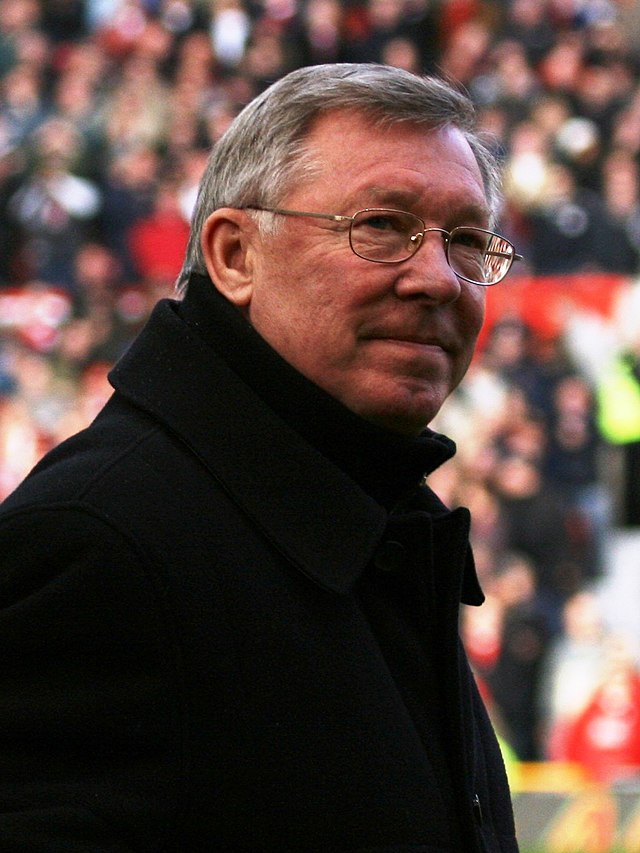Top Qs
Timeline
Chat
Perspective
Manager (association football)
Head coach of an association football team From Wikipedia, the free encyclopedia
Remove ads
In association football, the manager is the person who has overall responsibility for the running of a football team. They have wide-ranging responsibilities, including selecting the team, choosing the tactics, recruiting and transferring players, negotiating player contracts, and speaking to the media. In professional football, a manager is usually appointed by and answerable to the club's board of directors, but at an amateur level the manager may have total responsibility for the running of a club.


Remove ads
Responsibilities
Summarize
Perspective
The manager's responsibilities in a professional football club usually include (but are not limited to) the following:[citation needed]
- Selecting the team of players for matches, and their formation.
- Planning the strategy, and instructing the players on the pitch.
- Motivating players before and during a match.
- Delegating duties to the first team coach and the coaching and medical staff.
- Scouting for young but talented players for eventual training in the youth academy or the reserves, and encouraging their development and improvement.
- Buying and selling players in the transfer market, including loans.
- Facing the media in pre-match and post-match interviews.
Some of the above responsibilities may be shared with a director of football or sporting director, and are at times delegated to an assistant manager or club coach.
Additionally, depending on the club, some minor[citation needed] responsibilities include:
- Marketing the club, most especially for ticket admission, sponsorship and merchandising.
- Growing turnover and keeping the club profitable.
These responsibilities are more common among managers of small clubs.
Remove ads
See also
- List of football managers with most games
- List of longest managerial reigns in association football
- Caretaker manager
- Player-manager
- League Managers Association for managers in England
- Football Manager, a simulation video game for playing as a manager.
References
Wikiwand - on
Seamless Wikipedia browsing. On steroids.
Remove ads
